KARABAKH: NEVERTHELESS A GENOCIDE

An interview with Professor Luis Moreno Ocampo
Nagorno-Karabakh is a landlocked region in the South Caucasus internationally recognized as part of Azerbaijan but governed by the unrecognised Nagorno-Karabakh Republic (NKR) since the First Karabakh War (1994). During the Second Karabakh War in 2020, Azerbaijan recaptured most of the territory.
The sole link between NKR and Armenia is the so-called Lachin Corridor, facilitating the supply of the local population with food and medicine. Azerbaijan started closing that transport route in December 2022, disrupting any access of the Armenian enclave to Armenia in July 2023. As the local population faces the spectre of hunger, we speak to a former International Criminal Court Prosecutor, Professor Moreno Ocampo, who describes unfolding events as “a genocide”.
Since December 2022 the Armenian residents of Nagorno Karabakh have found it increasingly difficult to access food and medicine, as the sole transit route from the territory to the Republic of Armenia has been restricted. The humanitarian situation is deteriorating and, since June 2023, there have been reports of food shortages. The international reaction has been significant but has yet to impact on developments on the ground.
In February 2023 the International Court of Justice (ICJ) called gave a binding order to the Republic of Azerbaijan to open up the Lachin Corridor, referencing the International Convention on the Elimination of All Forms of Racial Discrimination[1]. At the request of Armenian diaspora the former Prosecutor Luis Moreno Ocampo published on August 7 an expert opinion calling the unfolding events in Nagorno-Karabakh “a genocide,” referencing a UN Convention that define the crimes. with a weightier and historically more loaded significance[2], used sparingly in international law[3]. Subsequently, on August 16 the UN Security Council called on Azerbaijan to restore the sole transport link between Nagorno Karabakh and Armenia – the so called Lachin Corridor – on humanitarian grounds.
To understand the significance of the term “genocide,” we sought out Professor Moreno Ocampo. He notes that not a single life needs to be lost to classify a case as “genocide”. The legal consequence of this legal framing is not merely punishing a state or the individual linked to a case of genocide but, crucially, to prevent genocide pre-empt a similar process. Under the provisions of the Ceasefire Agreement that ended the Second Karabakh War (November 2020), the security of this transit route has been entrusted to Russian peacekeepers. Increasingly, the Russian troops have not been willing to enforce their mandate as Azerbaijan has moved to install checkpoints.

Luis Moreno Ocampo with Angelina Jolie[4]
At the August UN Security Council meeting, France, Japan, the UK, and the United States called for the immediate opening of the corridor[5]. Russia proposed the opening of a humanitarian corridor via Azerbaijan, requiring from the self-proclaimed independent Republic of Nagorno Karabakh to surrender any claim to political autonomy.
The term “genocide” as defined by the Jewish legal theorist Raphael Lemkin is a politically and historically loaded term, which owes much to his the Armenian massacre in 1915. A student of international law in the 1920s, Lemkin pointed to the absence of international norms to prevent and prosecute instances of systematic ethnic cleansing. After the Second World War, Lemkin successfully campaigned for the adoption of the UN Convention on the Prevention and Punishment of the Crime of Genocide, a term that is not taken lightly by the international community[6]. To understand what “genocide” means in the context of Nagorno Karabakh, we sought to speak with the first person to evoke the term, Professor Moreno Ocampo.
Question. With your help, I would like to understand the significance of your expert opinion. If I understand Lemkin’s traditional definition of the term “genocide,” it applies when three fundamental criteria are met:
- a systematic extermination of persons belonging to an ethnic group.
- there is state planning involved in targeting members of an ethnic group.
- like in any prosecution case, the means employed leave no reasonable doubt as to the intention as to intended consequence of this planning.
Ocampo. No, your reading is not accurate. Whatever Lemkin proposed, the definition is set by the International Genocide Convention. The Treaty signed by 153 states defines “genocide” as the intention to destroy a group and refers to five different forms to commit the crime. Killing is one of them but Article II (c), describe as genocide “Deliberately inflicting on the group conditions of life calculated to bring about its physical destruction”. The blockade of the Lachin Corridor is creating such conditions.
In my report, I offer reasonable legal grounds for framing this blockade as an instance of genocide. It is not the case that one needs to build a “beyond reasonable doubt” case. That is the bar for a conviction, not for open an investigation into the matter.

April 2023: Azerbaijan closes Lachin Corridor to install checkpoint[7]
Question. Therefore, this is a case of determining whether we are dealing with a genocidal condition – “yes or no” – not to make a legal case for a conviction.
Ocampo. Right. The International Court of Justice (ICJ) has already ruled that the Armenians living in Nagorno Karabakh are at the risk of suffering “serious bodily or mental harm,” thereby meeting the bar set by the Genocide Convention. You need and I offer in my opinion a reasonable legal basis for that determination.
However, this is not a case of prosecution aiming at a conviction and, therefore, the standard is not one of “beyond reasonable doubt”. My assessment is also echoed by Professor Juan Mendez {who briefed the UN Security Council}[8], who notes that there is “an early warning indication” of genocide under Article II b). Azerbaijan has not complied with the International Court of Justice requirement to open the Lachin Corridor.
Question. So, physical violence is not necessary to determine genocide. However, all the cases you reference as precedents – the 1915 Armenian genocide, the Nazi systematic extermination of Poles and Jews in 1939, Cambodia in 1976, and Srebrenica in 1994 have a specific context of direct violence.
Ocampo. In 1915 for instance, {Ottoman} Armenians were marched to eventually die of exhaustion and hunger. The conditions were created when they were forced to march. The blockade of the Lachin Corridor is like the situation of the two first days of march. So, in marching the Armenians through the desert, they created the conditions for a genocide. Technically, creating the conditions is the common denominator with the case at hand. That is why the precedent is referenced. Importantly, I am not presenting new facts in this case. I am deducing from known facts a legal opinion, calling out unfolding events as “genocide”. This is not a political but a legal opinion. The king was naked, I just said that.
Question. So, focusing on what is happening, or the facts, I am wondering whether your legal conclusion is affected by events on the ground. In recent days, Azerbaijan has been offering to open humanitarian supply routes from Azerbaijan in effect offering humanitarian relief on condition of revoking political autonomy. Does this change the legal assessment of unfolding events? In sum, is every similar case of siege an act of genocide?
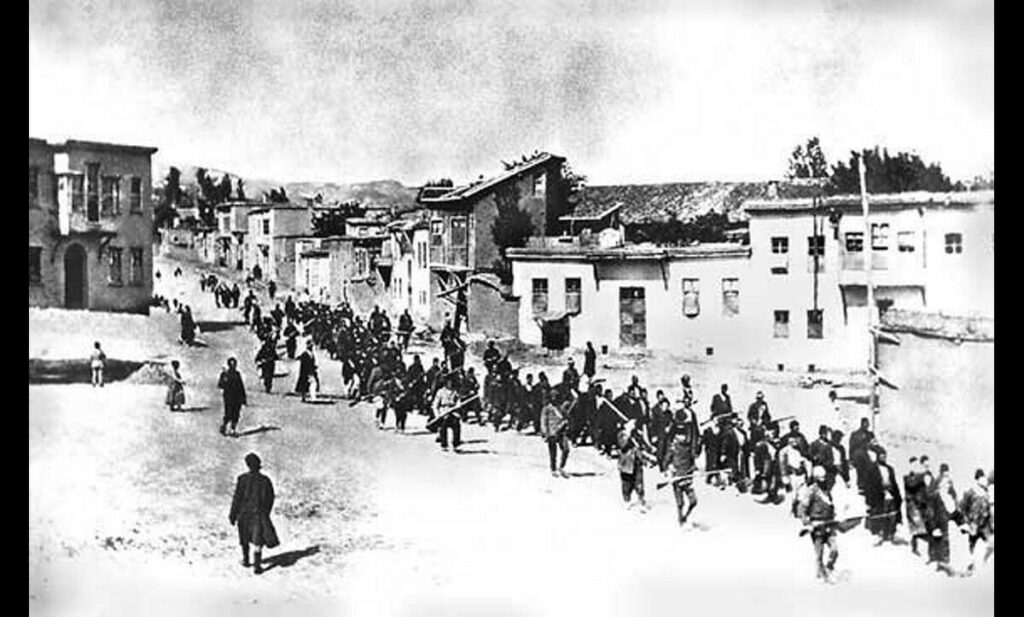
1915: scenes from then Armenian genocide[9]
Ocampo. The fact remains that the blockade of the Lachin Corridor creates the conditions. Genocide is already committed. Azerbaijan has failed to comply with an issued Court Order. The rejection of this order has a legal consequence and indicative of a genocidal intention. Yes, this might be related to assertion of political autonomy by Nagorno-Karabakh, but the legal order stands. And there is a second issue here. Complicity. If you play a role in conflict mediation while accepting the blockade, or worse yet, to accept this situation as a foundation for negotiations points towards active collaboration in the act. Both the EU and the US need to understand the significance of genocide complicity.
Question. You mentioned the mediators as possible accomplices. The Russian role in Karabakh is not sanctioned by the UN system but it is internationalised by an OSCE Communique.
Ocampo. Their mandate is founded on an agreement co-signed by Azerbaijan, Armenia, and Russia and is sufficiently binding under international law. It is enough that the peacekeepers are there if their mandate is recognised by Azerbaijan. Russia, the EU member states, and the United States are members to the Genocide Convention. They all have the legal responsibility to prevent genocide. Significantly, if the United States, the EU, and Russia step in and make a demand, the deadlock could be resolved. It is evident that this ongoing situation emerges because Azerbaijan is able to exploit the difference between these powers as the war in Ukraine unfolds. Under normal circumstances, it would be a relatively straightforward proposition to address the deadlock.
Question. The discussion in this case may slip into a debate of “moral equivalence” as Azerbaijanis compare the events following the aftermath of the First Karabakh War with the events following the events of the Second Karabakh War. Are the events in these two periods legally equivalent?
Ocampo. Azerbaijan is right that the war in 2020 was in legal terms a defensive war. They were recovering sovereign territory. It is legally a mistake that Armenia occupied these territories. But the question of genocide is a different legal matter.
Question. What is the forum to decide on whether a case constitutes genocide or not? Who will name it a Genocide? You referenced the ruling of the International Court of Justice.
Ocampo. Ignoring a genocide until a criminal court or the International Court of Justice decides that it was committed would defeat the purpose of the Convention to prevent the crime and facilitate the harm to 120,000 Armenians. In its 2007 Bosnia v. Serbia judgment, the International Court of Justice established the principle that the state’s “obligation to prevent, and the corresponding duty to act, arise at the instant that the State learns of, or should normally have learned of, the existence of a serious risk that genocide will be committed”[10].
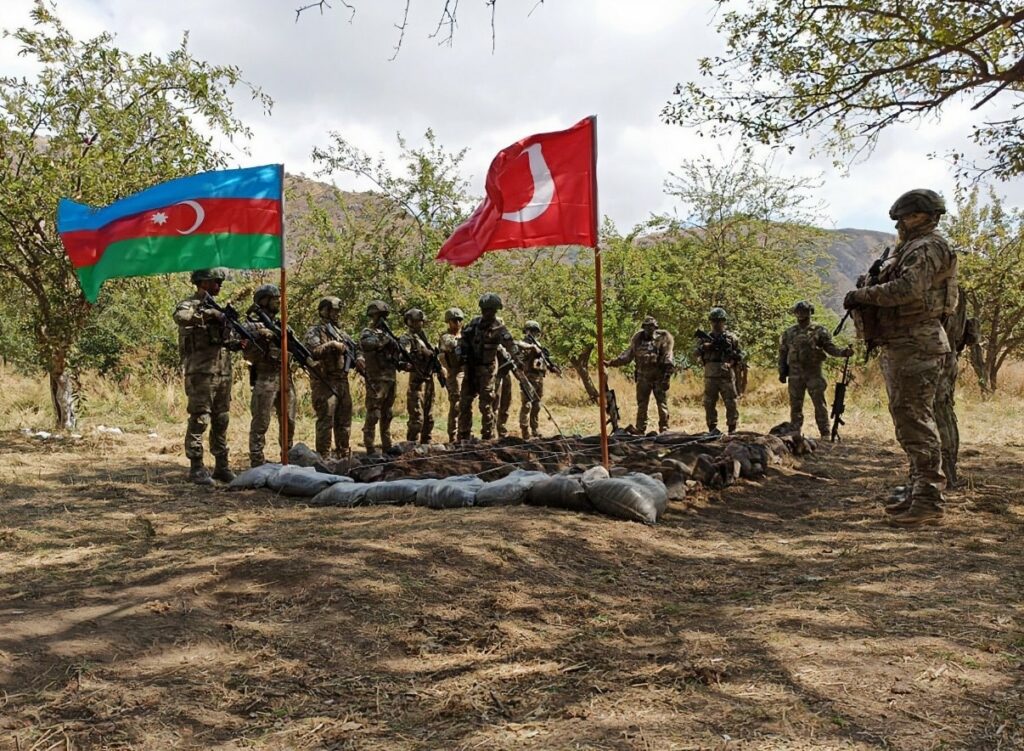
Cooperation between the army of Azerbaijan and Turkey[11]
The Court added: “This obviously does not mean that the obligation to prevent Genocide only comes into being when the perpetration of Genocide commences; that would be absurd since the whole point of the obligation is to prevent or attempt to prevent the occurrence of the act”[12].
In the Nagorno-Karabakh situation, prevention should be the priority to protect 120,000 Armenians at risk of physical destruction. The first step toward such prevention is to recognize the genocidal situation.
The international legal system has an inherent problem: it is not designed to protect people but to protect states. That is why the case of genocide – that concern individuals – is difficult to determine. There is no established system to determine Genocide. We failed to consolidate Nuremberg into a system that could apply in this case. States have an obligation to prevent Genocide. The label “Genocide” has legal consequences for states.
RUS036
[1] International Criminal Court, “Application of The International Convention on the Elimination of All Forms of Racial Discrimination (Armenia versus Azerbaijan),” Order: February 22, 2023, https://www.icj-cij.org/sites/default/files/case-related/180/180-20230222-ORD-01-00-EN.pdf
[2] Luis Moreno Ocampo, https://en.wikipedia.org/wiki/Luis_Moreno_Ocampo
[3] “Yazidi, former ICC prosecutor Ocampo pushes to open a genocide case, September 4, 2015, https://en.gariwo.net/flash-news/yazidi-former-icc-prosecutor-ocampo-pushes-13883.html
[4] https://www.thetimes.co.uk/article/insight-luis-moreno-ocampo-war-crimes-prosecutor-tipped-off-gadaffi-crony-hassan-tatanaki-3cc0nrpj0
[5] “Raphael Lemkin and the the Genocide Convention,” May 12, 2020, https://www.facinghistory.org/resource-library/raphael-lemkin-genocide-convention
[6] Juan Ernesto Mendez, “Preliminary Opinion: on the situation in Nagorno-Karabakh and on the need for the international community to adopt measures to precent atrocity crimes,” August 23, 2023, https://un.mfa.am/file_manager/un_mission/Preliminary%20Opinion%20-%2023.08.2023.pdf
[7] https://oc-media.org/azerbaijan-closes-lachin-corridor-to-install-checkpoint/
[8] Juan Ernesto Mendez, “Preliminary Opinion: on the situation in Nagorno-Karabakh and on the need for the international community to adopt measures to precent atrocity crimes,” August 23, 2023, https://un.mfa.am/file_manager/un_mission/Preliminary%20Opinion%20-%2023.08.2023.pdf
[9] https://www.theholocaustexplained.org/what-was-the-holocaust/what-was-genocide/the-armenian-genocide/
[10] Bosnian Genocide Judgment (n 46) para 431.
[11] https://www.dailysabah.com/opinion/op-ed/azerbaijan-turkiye-military-cooperation-one-nation-one-army
[12] Bosnian Genocide Judgment (n 46) para 431.

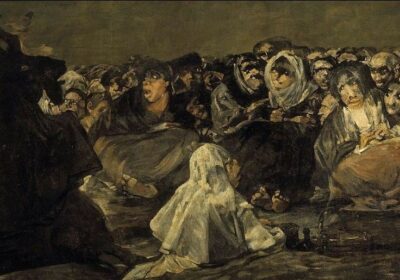
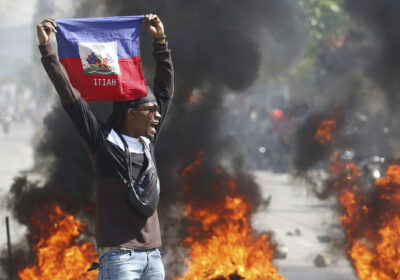
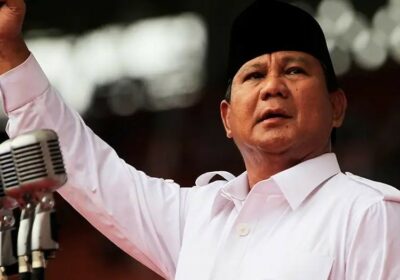
Leave a Reply